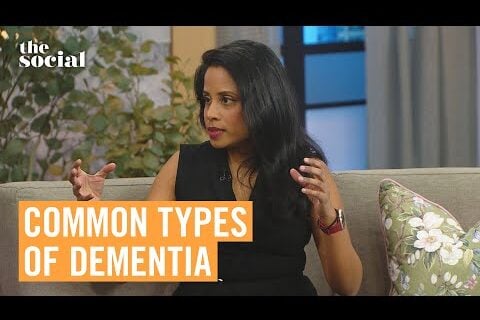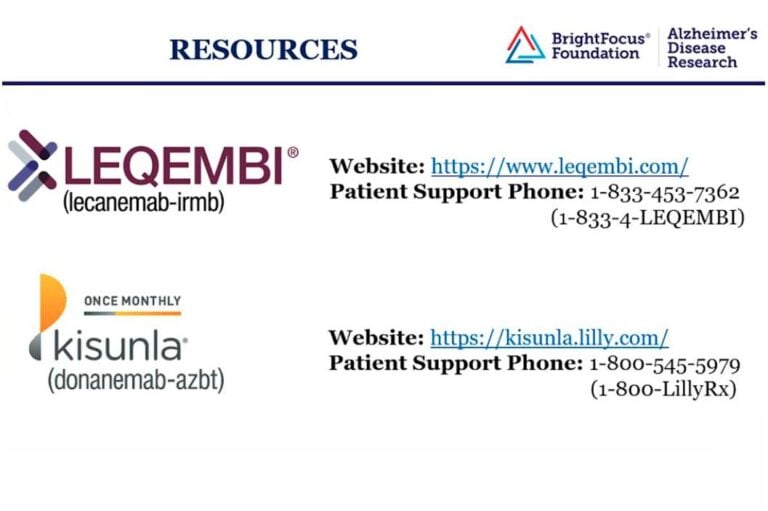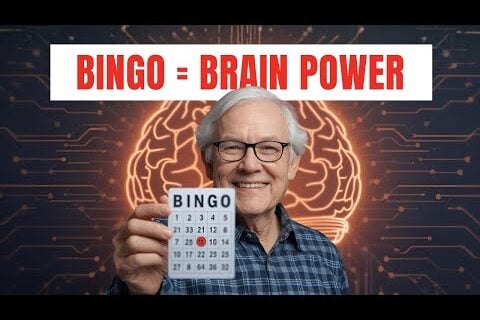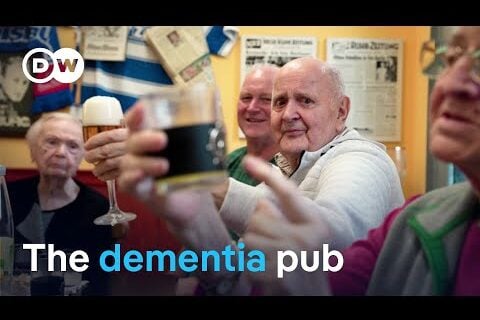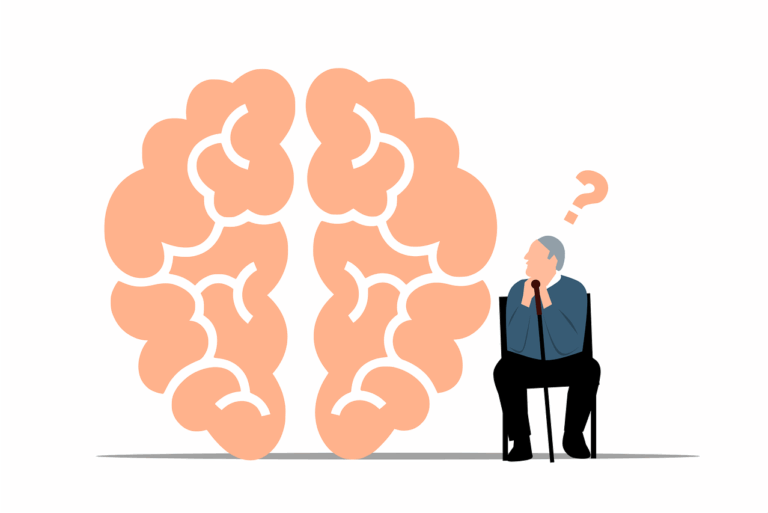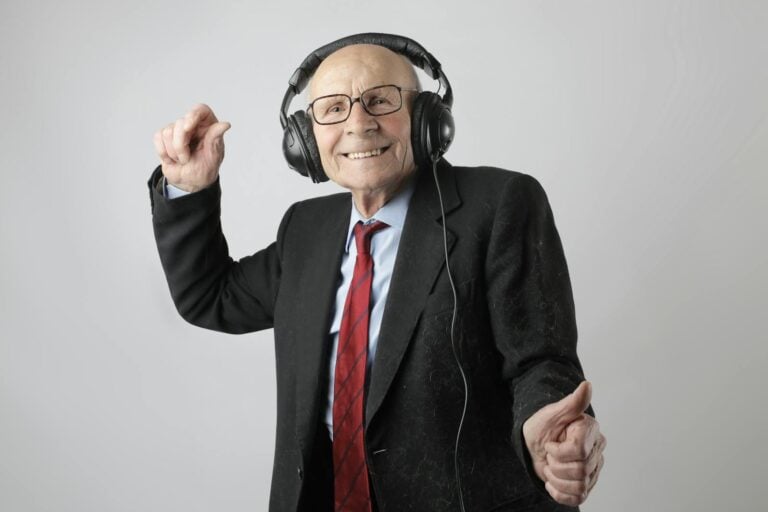A safer Alzheimer’s treatment may be on the horizon — but families still have meaningful choices today.
Why early warning signs matter more than most people realize.
In a one-hour seminar, a leading neurologist answers the most important questions families ask about what these new therapies can realistically deliver — from effectiveness and safety to eligibility, infusion logistics, cost, and access.
VIDEO+ARTICLE: Multiple studies affirm bingo exercises attention, memory, and social connection all at once. Learn about its small but meaningful role in dementia care—when used the right way.
Watch this inspiring story of living with and fighting against this disease.
New long-term data suggests lecanemab could delay the shift from mild memory loss to moderate Alzheimer’s by up to eight years—offering families precious time and renewed hope.
New research hints at a simple, widely available vaccine that may help protect brain health.
A cozy pub inside a nursing home is doing something remarkable — helping residents with dementia reconnect, open up, and feel like themselves again. Here are 10 ways this surprising space is changing daily life.
A few minutes of music each day can calm sundowning and help support brain health. A new study explains these protective benefits — and we’ll show you how to build gentle musical routines into evening care.
Every dementia journey is unique — but large studies now show clear patterns. Age, type of dementia, and general health all play major roles in how long a person lives after diagnosis.
A major study of over 10,000 older adults found that those who regularly listened to or played music not only had a much lower risk of dementia, but also performed better on memory tests.
A new groundbreaking MRI study reveals how the brain’s “nightly cleaning crew” depends on quality sleep. When we rest deeply, brain fluids clear away toxins — protecting memory and cutting dementia risk.

